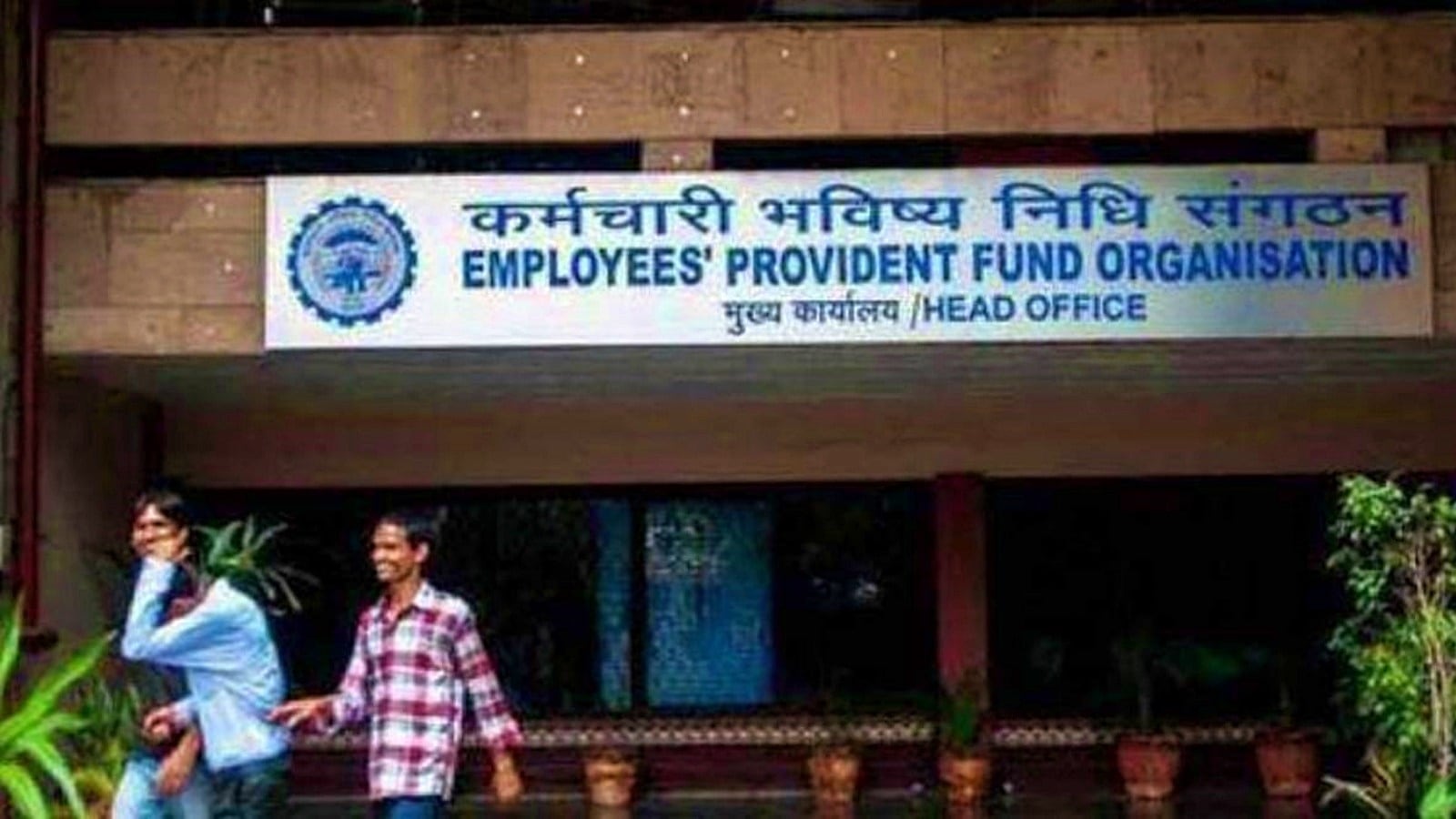 |
|
The Employees' Provident Fund Organisation (EPFO) is actively developing a system that will allow its members to access their provident fund money using an ATM-like card. This significant development, projected for rollout by mid-2024, is contingent upon the successful completion of a major IT infrastructure upgrade currently underway as part of the EPFO 3.0 initiative. The plan envisions a streamlined withdrawal process, eliminating the need for extensive approvals for withdrawals below a specified ceiling, potentially around 50% of the total fund. This initiative directly addresses the current cumbersome withdrawal process, aiming to provide EPF members with greater autonomy and ease of access to their own funds. The proposed ATM-card system represents a modernization effort to enhance the EPFO's services and make them more user-friendly. This change reflects a broader movement towards digitalization and increased efficiency in government services in India.
The technological underpinnings of this initiative are crucial. The EPFO 3.0 project, encompassing the IT infrastructure upgrade, is slated for completion by June 2025. This comprehensive overhaul aims to modernize the EPFO's systems, improving processing speeds, security, and overall functionality. The ATM card feature is intrinsically linked to the success of this upgrade. The rollout of the ATM card system is directly dependent on the successful completion of the IT infrastructure improvements. A robust and secure IT system is critical to ensure the safety and efficient management of member funds. The upgrade will not only facilitate the ATM card system but also improve other aspects of EPFO operations, making the organization more efficient and responsive to the needs of its members. The EPFO's commitment to this upgrade underscores its dedication to modernizing its services and providing a superior experience for its members.
Beyond the ATM card initiative, the EPFO is also exploring changes to the Employees' Pension Scheme (EPS). Currently, employees contribute 12% of their basic salary, dearness allowance, and retaining allowance to the EPF, with the employer matching this contribution. The employer's contribution is divided, with a portion going to the EPF and the remainder to the EPS. However, the EPFO is contemplating allowing for greater flexibility in pension contributions. This would empower employees to adjust their contributions, potentially increasing or decreasing their contribution beyond the existing 12% ceiling. This flexibility is intended to accommodate individual financial circumstances and retirement planning needs. The proposal also considers allowing employees to discontinue or resume contributions at various points in their careers. The flexibility proposed stands in contrast to the current rigid structure and is designed to enhance the accessibility and inclusiveness of the pension scheme.
The EPFO's recent actions also reflect a concerted effort to address concerns regarding the efficiency and transparency of its operations. Significant improvements are being implemented to reduce delays and increase the success rate of claim settlements. The introduction of an auto-claim settlement system for smaller claims (up to Rs 1 lakh for education, marriage, or housing) is one example. This automated system aims to minimize human intervention and thus reduce the likelihood of corruption or delays. Officials have indicated that a significant portion of claims are already being processed automatically without human intervention. The implementation of this system reflects a proactive approach to enhance the efficiency and transparency of EPFO operations. Moreover, to combat corruption and illegal gratification, the EPFO has taken disciplinary action against several officials, including compulsory retirement and suspensions. These measures illustrate the organization's commitment to maintain ethical standards and ensure the integrity of its processes. The commitment to transparency and accountability in the handling of EPF funds is crucial to maintaining public trust.
In conclusion, the EPFO's initiatives demonstrate a proactive approach to modernizing its services and enhancing the experience of its members. The ATM card system, the planned changes to EPS contributions, and the measures to combat corruption all represent a significant step toward a more efficient, transparent, and member-centric organization. The successful implementation of these changes will have a substantial positive impact on millions of EPF members across India. The introduction of an easily accessible ATM card system is set to dramatically improve ease of access to funds, while the proposed improvements in the pension scheme will grant increased financial flexibility and autonomy to the employees. The fight against corruption, meanwhile, will ensure that the system remains fair and that funds are handled responsibly. The ongoing IT infrastructure upgrade further enhances the EPFO’s capacity to provide efficient and timely services to its members, promising a significant improvement in the overall management of the EPF system.
Source: EPFO working on a proposal to bring ATM-card facility to withdraw funds
